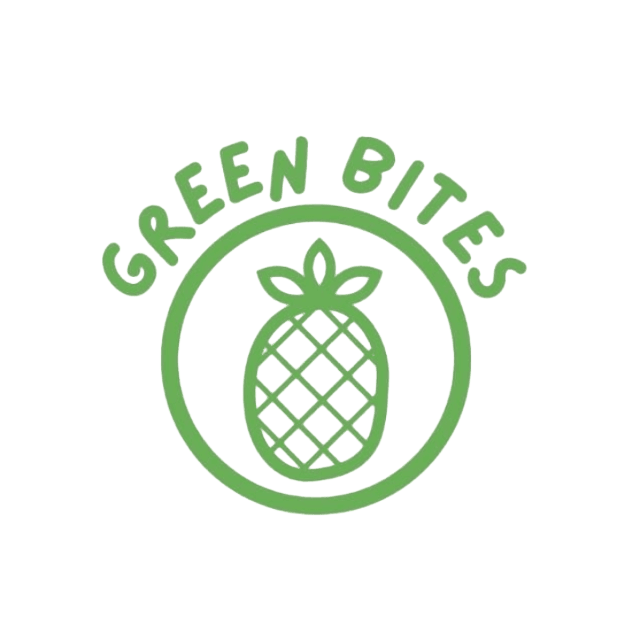Is Virtual Reality?

8 September 2025
Social media and video communication platforms like Zoom, What’s App and FaceTime are such a gift for connecting us with those far away. I am so grateful to be able to see my eldest son each week from across the Atlantic - and also my younger son across Atlantic [Avenue] in Brooklyn! But are we spending less time together with others in person? I know I am.
This weekend, my husband took me to see Hudson Valley Shakespeare perform Octet, a musical set in an internet-addict support group. Wow! Apart from amazingly talented actors, beautiful a capella music and clever lyrics, this show revealed plenty of food for thought.
The search for human connection. The desire to feel beautiful, important, intelligent or just needed. The anger, image concerns, and, of course…the draw to a little glowing screen.
Virtual reality is quite the onomatopoeia. It’s actually designed to take us out of reality. Maybe for one that is better, somehow? Or that’s what they want us to believe. But we live here, now, IRL. Should we try to make that better?
Who do you trust?
More than half of adults in the US get health information from social media, according to a recent poll, with 15% of social media users regularly getting health information and advice from online influencers.
An Australian study revealed a troubling trend on TikTok: completely inaccurate posts were significantly more popular than evidence-based sharing - getting more likes, comments, shares, and saves than accurate posts. This morning, I saw a video on instagram, assuring me that ice cream is healthier than salad!
We know the “news” that is shocking, emotional or unexpected elicits a larger response than boring old practical guidelines (just eat more vegetables). So it makes sense that social media companies would elevate sensationalized or controversial nutrition claims - after all, going “viral” is how they (and their influencers) make money!
The same poll I mentioned above also found that internet users were often skeptical of health information found online. That is good, especially when only about 5% of creators in the nutrition space are Registered Dietitians (the food and nutrition experts). I’m not saying others don’t share valuable information - you don’t need a special degree to create helpful, evidence-based health information. Being a practical dietitian, I fully support and appreciate those who demonstrate easy, healthy recipes online. Truthfully, social media and the internet have the potential to improve access to life-changing strategies.
I guess the trouble is who has the megaphone - the person making money from selling their “magic bullet” product/service online is certainly going to be a squeakier wheel than the health professional who’s just trying to prevent disease on a public health scale. How easy is it to discern fact from fiction? And forget about nuance…
The majority of deaths from chronic disease are related to food habits. You can see how, if even only 5% of the people online believe [and follow] the misinformation of some influencer, over decades of research on lifestyle medicine, that could be disastrous on a population level.
On the positive side, using social media to spread messages about nutrition science experts can agree on (here, I’ll note that one conflicting study does not upend decades on converging data), can be a powerful tool to improve public health.
Bilingual (digital/reality)
I’ve noticed that the digital language is more than just knowing how to use a computer. It feels like there’s very little gray - everything is black or white (or maybe that’s the algorithm - see above). People often speak differently in the internet space. We say things we would never say in person. Or we are extra cautious about saying anything because it could always come back to haunt us. There’s also such a constant flow of information that we don’t have a chance to digest (see what I did there?) what we see or get to know the person behind it. Context is everything, but soundbites ignore that.
It’s an environment where people who don’t-know-what-they-don’t-know state it confidently anyway. And experts aware of the nuance seem less certain (because that’s how nutrition science works).
We can’t control the internet, only our response to it (and even that may be debatable). See my previous blog for red flags and tips on discernment.
How do you show up on the internet? Are you an upstander or a bystander (no judgement here)? Have you seen some information about healthy eating that seemed confusing or different from what you expected?
Contact Green Bites
Let's Talk
I'll get back to you soon to discuss your needs.
